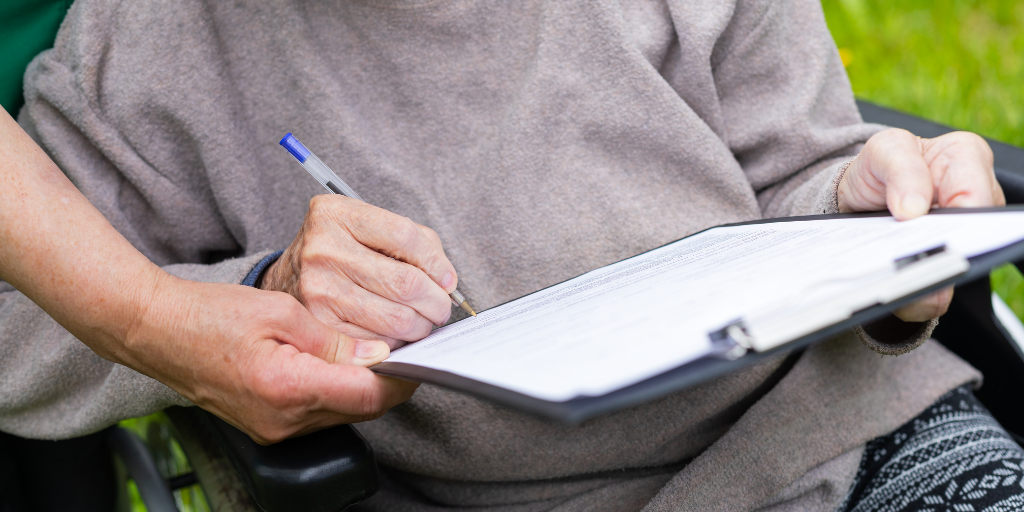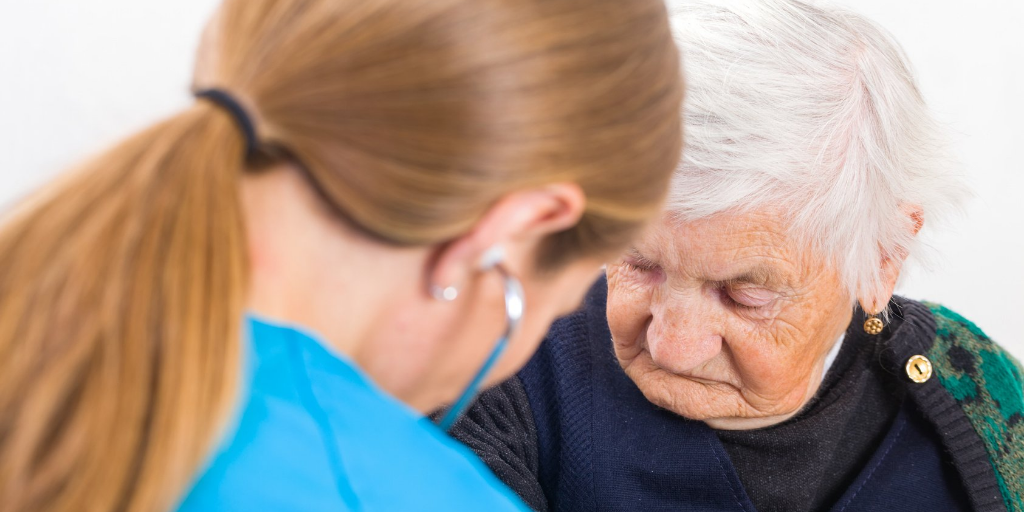- +1.888.528.8757
- office@doctorspreferredhhc.com
- Monday – Friday 9 AM – 5 PM
Imagine a situation when your relatives or friends aged 50 and more get together. The conversation topic jumps quickly into the health topic right after greetings and questions. They start to count their health issues, eyesight, hearing problems, etc.
For young people, this may seem absurd but health, especially vision problems may psychologically hurt them. As a matter of fact, after 40 the aging brings difficulties to hold a book or phone near your eyes, the label reading becomes way hard and this all leads to stress. Year after year, practically everyone’s eyesight fades, and by the time they reach retirement age, 95% of individuals are required to wear glasses.


Nearly all psychologists claim that even small vision problems lead to anxiety and fear among the elderly. It may seem that they are losing control of life and have difficulties with daily tasks. The leisure activities also feel like a barrier such as watching a TV, reading a book…When visual acuity falls below 0.03, outside assistance is required to solve everyday difficulties.
After all, our eyes are the main source of incoming information. Loss of visual data is the primary “tool” used to cause communication issues, and it may result in decreased physical activity and impediments to self-serving.
The elderly already struggle to adjust to their existing conditions, and when their vision begins to degrade, they lose faith in themselves. Visually impaired people, particularly older citizens who are blind, have a growing sense of hopelessness and defenselessness with time. Such people are almost alone with their problems: it is difficult for them to find something that appeals to their interests and strengths; they rarely leave the house because navigating in space is difficult; they become bored being confined within four walls, and they lock themselves in to avoid imagined ridicule.
According to psychologists, older people with eyesight issues experience depression to varying degrees as they adjust to their new sensory world. One of the most serious issues is a sense of complete isolation. Blind elderly individuals frequently express a sense of being invisible, as though others are ignorant of their presence. It takes around a year to acclimate to living in the dark for the first time. Even minor eyesight problems might cause stress since they experience everything profoundly and even little things may seem like big issues.
Our loved ones need us the most and all we can do is to take care of them. But taking care requires a lot of work on both physical and mental health.
In reality, the first step toward being integrated into the treatment process is to at least monitor your health. The best method to help children during the treatment process is to remind them about their tablets, see a doctor, and conduct eye exercises. It is also crucial to get and keep track of the right glasses.

Then you must help to maintain eye hygiene. Watch a certain quantity of television and read a few books in a standard typeface. Take a walk in the fresh air while covering your eyes from the sun’s direct rays.
Based on the doctor’s recommendations, you may add items to the menu that are beneficial to eyesight. Among these foods are carrots, spinach, garlic, apricots, eggs, marine seafood, broccoli, and dark chocolate.
Psychological health is also crucial. We need to organize the daily activities so as not to make them feel sick. Try to walk with them, read for them, and even just speak to them. The support we show to our loved ones is the best treatment.
Try to put all furniture in the house, particularly chairs and tables, in a consistent and agreed-upon location. Then, get rid of any unnecessary or insecure objects. It’s crucial to provide every room with sufficient lighting.
To avoid scaring the individual, it is advisable to generate the habit of announcing the approach by voice rather than approaching abruptly from the side. Speak-activated household equipment, such as clocks that tell the time, glucose meters that tell the result, and so on, are quite useful in this case.
People slowly may lose their interest in everyday habits and develop anxiety. Be careful when speaking to them or asking for something. But, the fact is you don’t need to act like they are sick. Act, as usual, just be careful.
Fortunately, modern science has learned to cure many eyesight problems, allowing the elderly to remain independent and active. As a result, families should not ignore signs of deterioration and seek medical help as soon as possible. Frequent misplacing of the most basic things and long searches for their things that once were in an available place, vague refusals to go on walks or shop, and sudden irritability are all red flags on their treatment process.
In fact, all of us need psychological health support along with physical health. It’s always better also to take care of visiting the doctor on time and keeping track of the problem along with specialists.